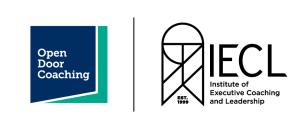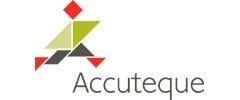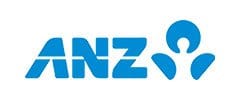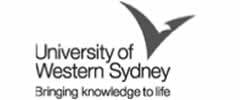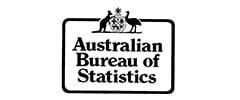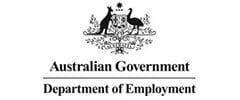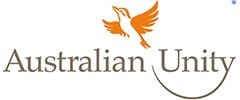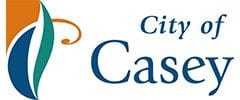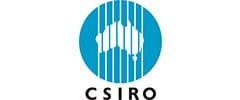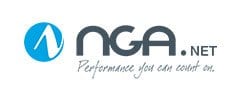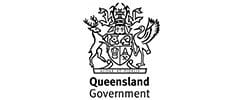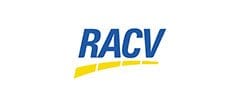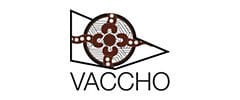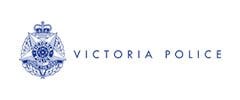Many organisations are entering into the annual performance review season. That means trying to schedule appointments with the team. In addition, meeting the demands from HR Managers to submit reviews by deadlines. Furthermore, for a number of people, assisting managers to have good quality conversations. This is where coaching really comes in handy.
Listen to the Coaching Cafe podcasts
Successful annual performance conversations
There is a lot we can do to coach our managers and team members to have successful annual performance conversations. Performance conversations that lead people to feel proud. Furthermore, energised about their work. Rather than dreading this time of year and for some, thinking about all the extra work that it may involve. Of course, on top of everything else in your plate.
Asking the expert
At Open Door we want you to get on the front foot. So we asked our Resident HR Specialist, Paula-Jones Hunt to join us for our Coaching Café. To really understand how a coaching approach really works for the annual performance conversation.
Paula brings over 25 years of HR experience, along with her expertise around coaching managers to coach their teams. She gives us her top tips for setting up the annual performance conversations for success.
Check your mindset
Mindset is important. Many managers dread the conversations. In particular, feeling like they don’t have time, or they are ‘box ticking’ exercise. If a manager feels or thinks this way, it’s obviously going to have an impact on the conversation. Same applies to the team member.
It is useful to think about your mindset. How can you make this a positive experience? What is the focus? How can this conversation lead to the growth and development of the person?
Now for some people, you might think this is ‘airy fairy’ or ‘pie in the sky’. But consider this: research suggests that performance conversations that are positive and focus on strengths lead to a significant uplift in performance. So anything we can do to coach managers to reframe thinking their the conversation is useful.
Preparation is key
It is useful to think ahead about ‘what could you be doing now?’. And coaching your managers to think ahead. For example, scheduling the meetings; rescheduling non-essential meetings; start writing comments in a word document, so all you need to do is copy and paste.
In addition, ‘what could your team member be doing now to prepare?’. Have a conversation together to discuss preparation. So that the conversations are a great use of both your time and the team member’s time.
Ongoing conversations
Another key tip is to have ongoing coaching conversations. Too often we hear that managers only have the annual conversation. But what is really needed and wanted by the team member is ongoing feedback and adjustment conversations. Conversations that lead to continuous improvement. Paula talks about the annual performance review being the twelfth conversation, not the only conversation. Only of a series of conversations. So those scheduled one-on-ones really do need to stay in the diary. Research from Gallup backs up these ideas that fast feedback and ongoing feedback has positive benefits. For example to engagement, productivity and other metrics.
Listen to the webinar
We cover a lot of other tips in the webinar.
Therefore, whether you are involved in developing annual performance systems. Alternatively coaching managers, a manager embarking on the performance season. Or getting yourself ready for your own performance review setting yourself up for success is important. This is a topic and planning that we are all going to benefit from.
You can listen to the webinar. In addition, if you want your managers to be coaching during performance conversations. Furthermore, reap the benefit of positive conversations, then the first step is our Leader as Coach Program.
FREE Coaching Cafe Webinar
Every week our team of experts present “Coaching Cafe” webinar with topics for Managers, Leaders, Business Owners, and everyone who wants to be a better workplace coach, leading their teams to higher productivity, better outcomes and a happier, healthier workplace.
